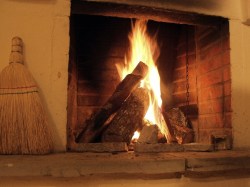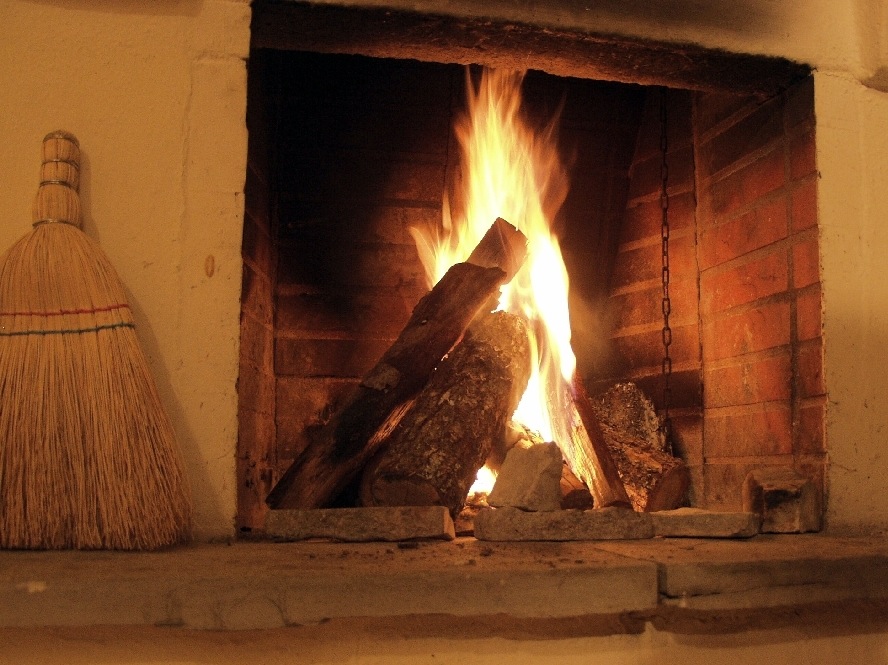
Tilemahos EfthimiadisWe need to keep cutting soot pollution from wood fires, but that’s not nearly enough.
We’re not making great progress cutting carbon dioxide emissions on a global scale, so the U.S. has been working with other nations on the less controversial strategy of reducing methane and soot. These pollutants have more severe immediate impacts on the climate than does CO2, and they break down much more quickly in the atmosphere.
But research published this week in Proceedings of the National Academy of Sciences suggests that this strategy would be less effective than previously believed.
Scientists modeled the climatic effects of a dreamy scenario: Methane emissions are reduced to the greatest extent thought possible; the use of wood- and coal-burning stoves and heating systems is phased out worldwide by 2035; and strict controls are placed on vehicle exhaust. They found that this would reduce global average temperature just 0.04 to 0.35 degrees Celsius by the year 2050, much less than the 0.5-degree reduction suggested in previous research.
From a press release from the Pacific Northwest National Laboratory, which conducted the research:
“Cutting back only on soot and methane emissions will help the climate, but not as much as previously thought,” said the study’s lead author, climate researcher Steve Smith of the Department of Energy’s Pacific Northwest National Laboratory. “If we want to stabilize the climate system, we need to focus on greenhouse gases such as carbon dioxide, nitrous oxide and methane. Concentrating on soot and methane alone is not likely to offer much of a shortcut.”
Sigh. If only shortcuts could get us closer to solving global environmental catastrophes.
Still, as David Roberts pointed out in May, it is critically important that we continue to reduce these short-lived pollutants as we work to tackle climate change. It’s just that we also need to keep working tirelessly to reduce CO2 emissions.




